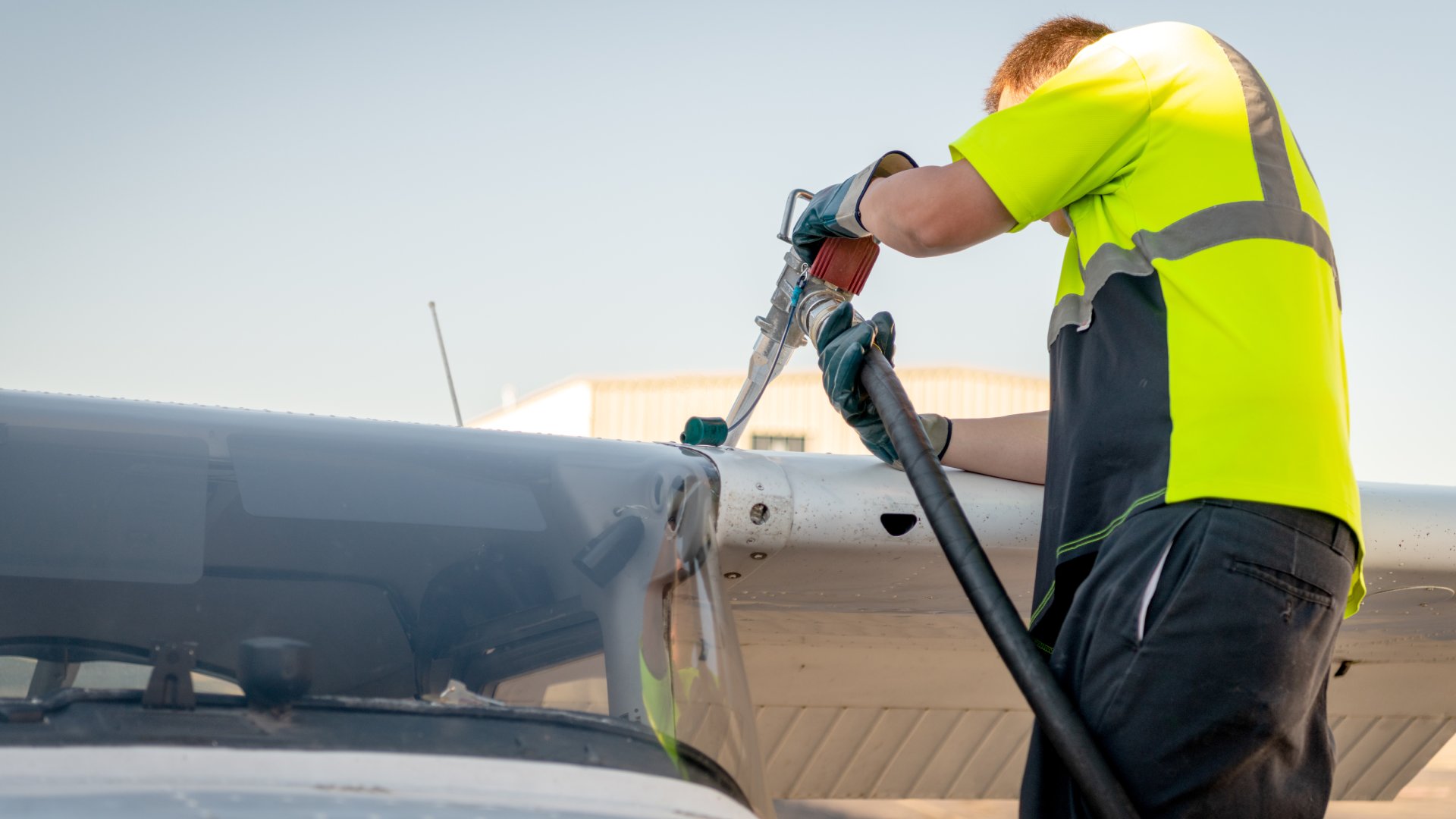5 Ways To Enhance an Airplane’s Fuel Efficiency

Enhancing fuel efficiency is a critical focus for pilots and aviation engineers. However, thanks to advancements in technology and engineering, reducing fuel consumption is more achievable than ever. Read on to learn about five ways to enhance an airplane’s fuel efficiency while maintaining peak performance during flights.
Look for Ways To Increase Engine Efficiency
Your aircraft’s engine plays a pivotal role in its level of fuel consumption. When engineers modernize engines with features such as advanced combustion systems, they can significantly improve their output.
Pilots can also play a part in this by ensuring their plane’s engine is in peak condition before takeoff. Fine-tuning engine operations to minimize wastage further supports fuel efficiency without compromising power.
Reduce the Heaviness of the Aircraft
Another way to enhance an aircraft’s fuel efficiency is by focusing on its weight and making it less heavy. Engineers can help in this process by using materials that won’t significantly add to the plane’s mass.
This is one of the reasons why polyetheretherketone is one of several different types of plastics used in the aerospace industry. Additionally, revising cargo packaging techniques or removing unnecessary components contributes to lighter, more efficient aircraft operations while maintaining load capacity.
Lower the Drag
Drag accounts for a significant portion of an airplane’s resistance, which increases fuel usage. Aerodynamic enhancements, such as installing winglets or refining fuselage designs, can help cut down on drag. Pilots and engineers can collaborate on flight plans that utilize cruising altitudes and speeds tailored to minimize environmental resistance.
Enhance the Plane's Wiring
Modernizing airplane wiring reduces energy inefficiencies powering on-board systems. Low-resistance materials and simplified wiring layouts decrease weight while improving electricity flow. This results in power systems consuming less fuel while maintaining operational consistency across instruments and devices on board.
Invest in a Better Navigation System
An advanced navigation system can also contribute to your fuel efficiency by enabling precise routing so you can avoid unnecessary detours or delays. Modern navigation software gives you current weather data and optimized routes so you can reduce your flight time and, in turn, fuel consumption. Having the right information at critical moments allows pilots to make adjustments that save time and resources.
Improving an airplane’s fuel efficiency demands strategic decisions and an unwavering commitment to innovation. By focusing on engines, materials, aerodynamics, wiring, and navigation, pilots and engineers can consistently achieve enhanced performance. Prioritizing these areas guarantees long-term benefits for both aviation professionals and the global aviation industry.






